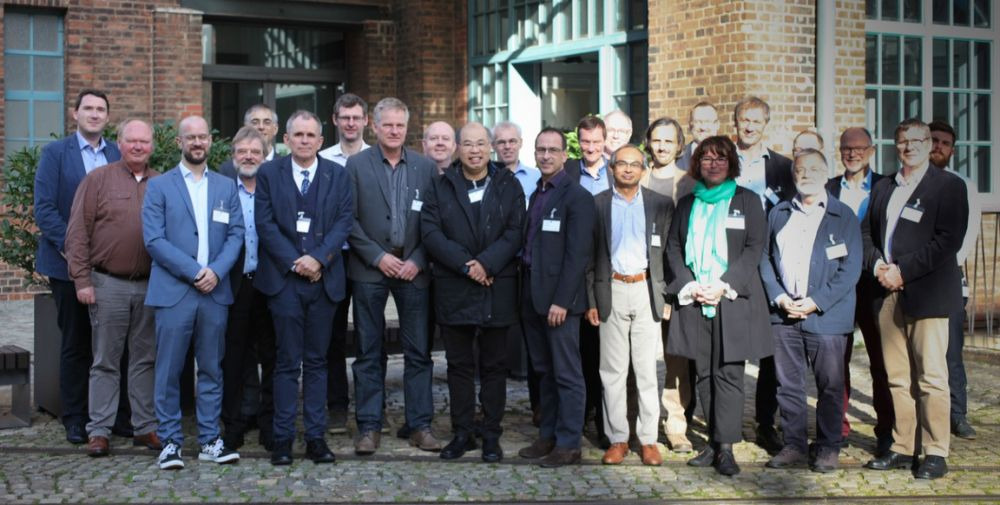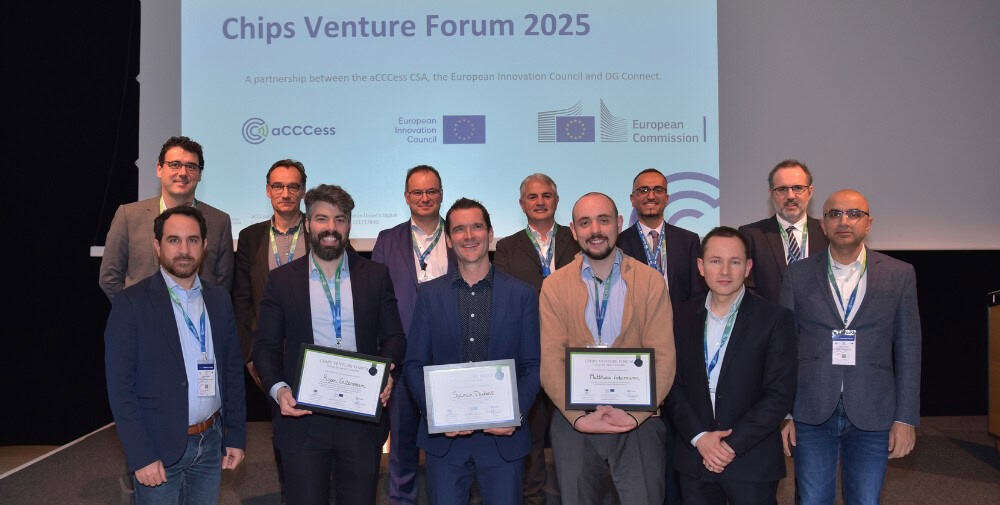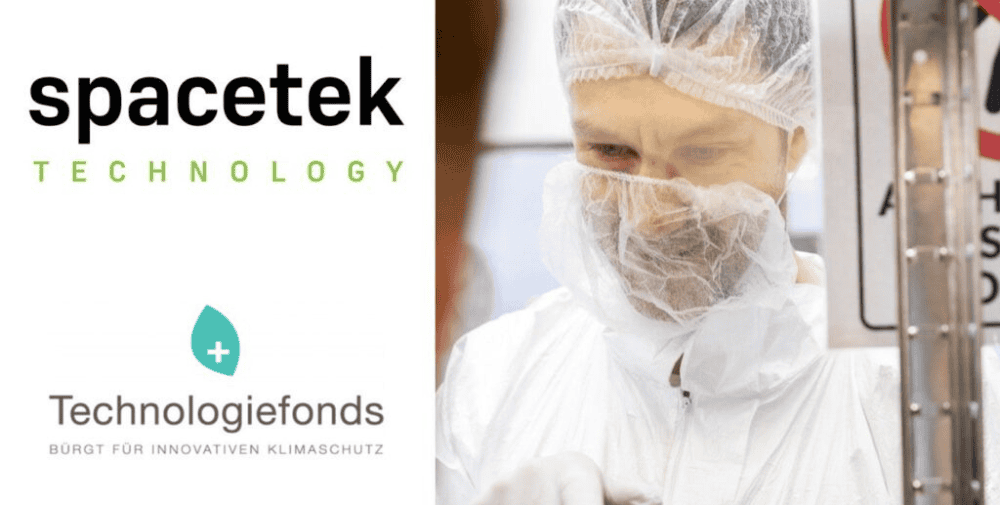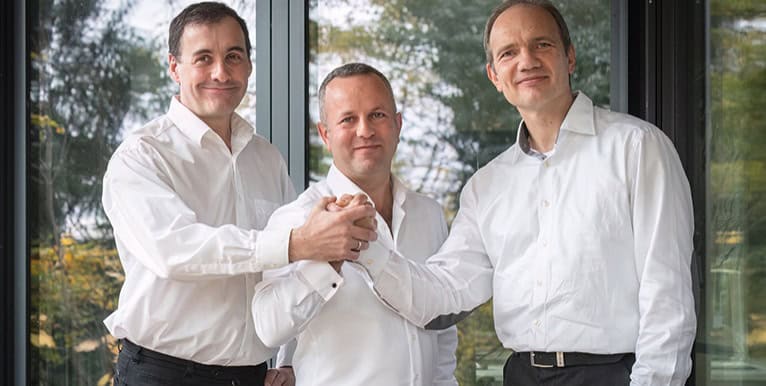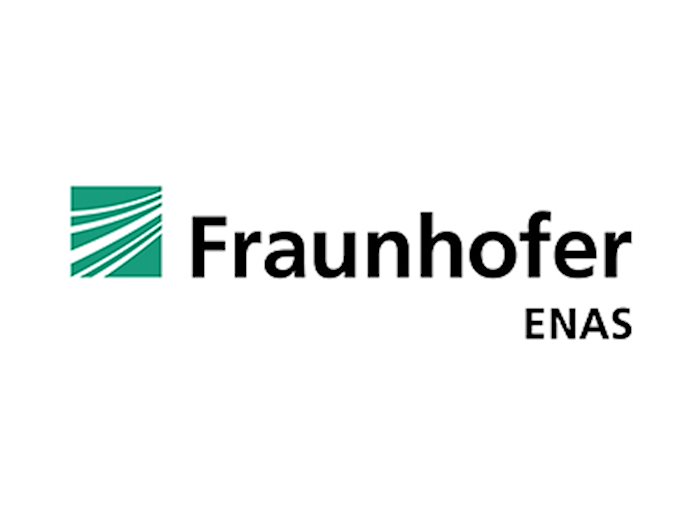
In the semiconductor industry, there is a strong trend towards 2.5D and 3D packaging to achieve more computing power and memory capacity per area or volume. In parallel, both the chiplet ecosystem and heterointegration continue to evolve to enable higher functionalities in a package with high performance and minimized overhead in area, cost and complexity. In the next decade, 3D heterogeneous integration is expected to enable the co-integration of many key functions such as computing power, data storage, connectivity, artificial intelligence, and sensing on one chip in a cost-effective manner, while being comparable to monolithic integration in terms of performance and reliability. To make this a reality, it is essential to develop a 3D integration roadmap for 2030+, taking into account each industry (e.g., automotive, data centers, industrial automation, communications, aerospace, and security), and to drive research programs to overcome challenges and launch innovations.
With the goal of driving 3D integration R&D in Germany and Europe, FMD is committed to working with Intel to identify the challenges and opportunities of 3D integration, create an R&D roadmap for 2030+, and initiate and execute research programs designed to strengthen and maximize the potential of 3D integration for various industries across a broad range of applications. German and European industry partners across the value chain – from materials, process equipment, chip design, packaging and interconnect technology, PCBs to complete integrators – were invited to actively participate in the discussion of gaps, challenges and opportunities. Over the past 12 months, FMD and Intel Europe Research have conducted a series of technical workshops, attended by numerous German companies, to define the key aspects and elements of the 2030+ roadmap that need to be addressed and elaborated.
Involving relevant stakeholders to strengthen Germany’s and Europe’s position in 3D integration
As early as October 2022, the first technical workshop was held in Berlin with the participation of FMD and Intel experi:nts to lay a solid foundation for the 2030+ research roadmap for 3D integration and to elicit challenges and opportunities. It was determined that to cover the full spectrum of applications and effectively address all supply chain challenges, the participation of numerous stakeholders from German and European industry is required. In the subsequent FMD and Intel technical workshops in March and April 2023, many German companies therefore participated and contributed their perspective and expertise on many relevant topics (including architecture, chip design, manufacturing processes, system and technology co-optimization (STCO), materials, metrology, modeling and simulation, substrates, automation and reliability). The particular relevance of these topics lies in the fact that they form the basis of 3D integration for various applications for the 2030+ time horizon.
“These workshops definitely consolidate an extraordinary partnership between FMD, Intel and German industry that will tremendously advance German and European research and development in the field of 3D heterointegration,” explains Prof. Albert Heuberger, Chairman of the FMD Steering Committee. Already in January 2023, Prof. Heuberger met Pat Gelsinger, CEO of Intel, in California and discussed the expansion of the R&D collaboration between Fraunhofer and Intel.
“3D integration for the 2030+ time horizon is a very important research topic for the extension of Moore’s Law and beyond. We are very pleased to enter into a collaboration with Fraunhofer to advance research in Germany and in Europe,” emphasized Robert Chau, Director of Intel Europe Research and Intel Senior Fellow for Technology Development. Recently, Intel has brought its know-how and expertise in semiconductor and packaging research and technology to collaborate with European partners to promote the expansion of Moore’s Law and advance microelectronics in Europe. Since 2022, Mr. Chau has led Intel Europe’s research and continues Intel’s R&D work with European partners.
About Forschungsfabrik Mikroelektronik Deutschland
The Forschungsfabrik Mikroelektronik Deutschland (FMD) as a cooperation of the Fraunhofer Group for Microelectronics with the Leibniz Institutes FBH and IHP is the central point of contact for all issues related to microelectronics and nanoelectronics in Germany and Europe. As a one-stop store, FMD has been combining scientifically excellent technologies and system solutions from its 13 cooperating institutes from the Fraunhofer-Gesellschaft and Leibniz Association into a customer-specific overall offering since 2017. Under the virtual umbrella of FMD, the largest association of its kind in Europe has thus been created, with more than 4,500 employees and a unique diversity of expertise and infrastructure. From 2017 to 2021, the German Federal Ministry of Education and Research supported the modernization of the research infrastructure of all 13 participating institutes.
– – – –
Further links
👉 www.enas.fraunhofer.de
Photo: Fraunhofer MIKROELEKTRONIK
